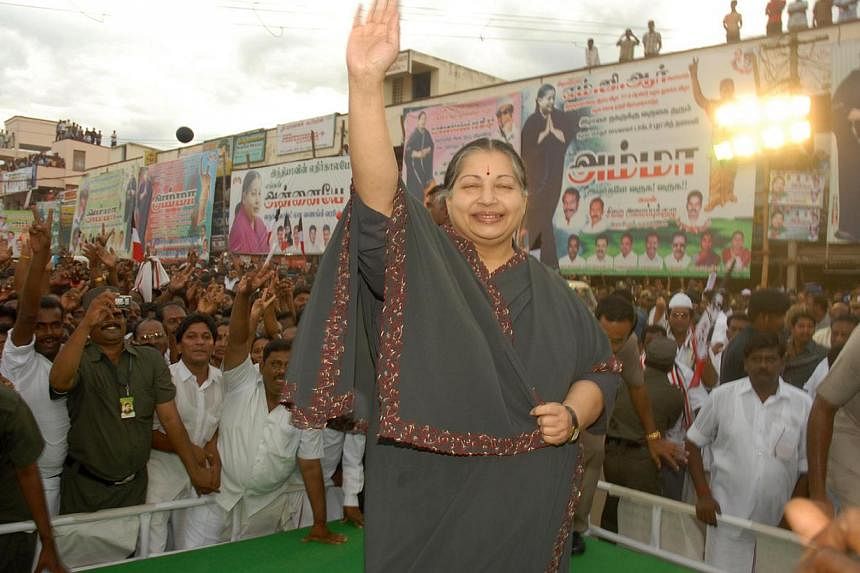NEW DELHI (AFP) - The southern Indian state of Tamil Nadu passed legislation Tuesday upholding the right of men to wear traditional wraparound garments known as "dhotis" in fancy clubs and end what lawmakers called "sartorial despotism".
A dhoti consists of a piece of white unstitched cloth tied around the waist and is highly popular among men in southern India.
The legislation comes after a judge was recently denied entry to a book launch at the Tamil Nadu Cricket Association because he was wearing a dhoti.
The club only allowed entry to members and guests dressed in trousers, shirts or T-shirts with collars.
The club's refusal to allow the judge entrance provoked uproar with critics saying it reeked of British colonial snobbery.
Tamil Nadu Chief Minister J. Jayalalithaa called the dress code "sartorial despotism" and threatened to revoke the establishment's licence.
The legislation says private clubs which enforce Western dress codes and bar entry of men wearing Indian attire could face fines of 25,000 rupees (S$510) and their office-bearers could be sentenced to up to one year in jail.
The Bill also empowers the state to cancel the licences of such clubs, the Press Trust of India news agency reported.
"No person, wearing a dhoti reflecting Tamil culture or any other Indian traditional dress, shall be denied entry into any public place," the Bill says.
Local media quoted one official of the Tamil Nadu Cricket Association as saying that the dhoti ban was only meant to "prevent a wardrobe malfunction under the influence of alcohol, nothing else".
Elite private clubs in India, tracing their heritage to the time of British colonial rule, are known to be sticklers for dress codes.
One of the clubs in Kolkata once famously denied entry to late painter M.F. Hussain, one of India's best-known artists, because he was barefooted.

